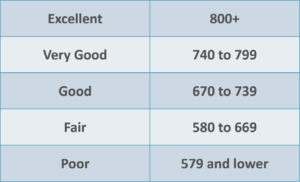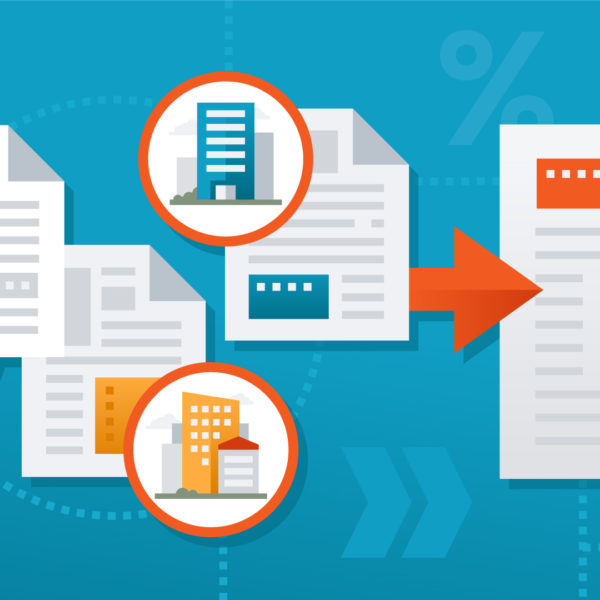Need a better understanding of a mortgage credit score? We've got all the info you need!
The Basics
What is a FICO Score?
A FICO credit score is a statistical number calculated by credit information from the three credit bureaus: Equifax, Experian, and TransUnion. All three bureaus generate a separate credit score, each being slightly different due to data variances in the credit reports.
There are five main factors that make up your score with different levels of importance:
- Payment History (35%): late payments, tax liens, bankruptcies, etc.
- Accounts Owed (30%): outstanding balances on accounts
- Length of Credit History (15%): the longer your history, the better
- New Credit (10%): inquires/applications for new credit accounts
- Credit Mix (10%): the mix of credit cards, retail accounts, loans, etc.
How a Mortgage Lender Uses Your Score
Mortgage lenders will take the median of the three FICO scores and use it to determine whether or not to give you a loan. If given, it’ll also determine what the interest rates and fees for that loan will be. The higher your FICO score, the lower the fees and rates.
Your FICO score can range from 300 to 850 under the following categories:

Tips on Managing and Improving Your FICO Score
Use the following tips to raise your credit score so you can get better rates and terms:
- Pay down credit account balances at or below 40% of the overall credit limit
- Make sure the information on your credit report is correct as up to 10% of all reports can contain errors that could affect your score
- If there are errors, request a 72-hour Credit Rescore from your mortgage professional or work with the bureaus directly
- Consider opening one revolving credit account to raise your available credit, but don’t use it
- If you’re in credit trouble, call creditors directly and work with them on a doable payment plan
- Use only legitimate credit counselors (never pay any upfront fees) to avoid bankruptcy
Avoid Quick Fix Scams
There’s no quick way to fix poor credit, so be skeptical of “credit repair” companies that say otherwise. Also, the bureaus and other companies might also try to sell “credit monitoring” services for a monthly fee, but you can monitor your credit report yourself using a free copy from annualcreditreport.com or call 877-322-8228.
What Not to Do
- Shift balances from one credit card to another
- Close accounts – it’ll decrease the total credit available
- Open a lot of new accounts in a short period of time because it will lower your score
- File for bankruptcy as it will have a lasting, negative impact on your credit score
- Fall for companies or credit counselors who claim they can “erase your debt” or fix your credit simply by filing disputes with the credit bureau
Important Links and Contacts
Reach out to Credit Bureaus
Experian: 800-525-6285
TransUnion: 888-397-3742
Equifax: 800-680-7289
Learn about your Consumer Rights
Credit Reporting and Scoring
CFPB: consumerfinance.gov/learnmore
Privacy Right Clearinghouse: https://www.privacyrights.org/consumer-guides/your-credit-score-how-it-all-adds
FICO: myfico.com



